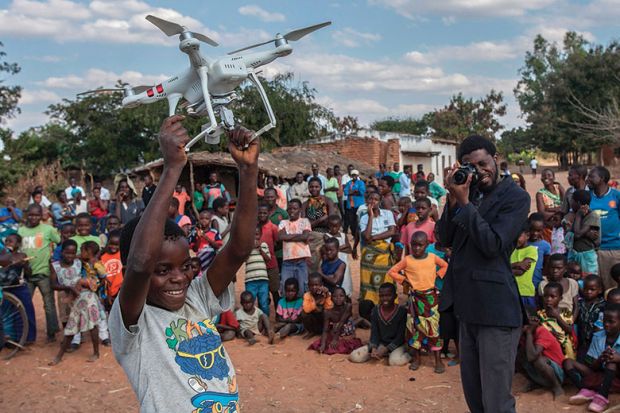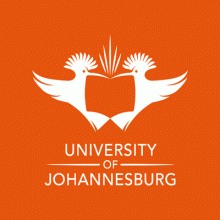Browse the full Emerging Economies University Rankings 2020 results
The global economy is in a precarious position. Tensions between the planet’s two biggest economies, China and the US, have just about brought the world economy to an abrupt halt. China recorded its slowest growth in 30 years, and this has reverberated across many emerging economies, which are still recovering from the brutal knock to the Turkish lira. Fears around another global recession are not unfounded.
Here, we find ourselves at a crossroads. One road is a retreat from the realities of the fourth industrial revolution – an era when intelligent technologies will permeate all aspects of lives – with no prospect of development. However, the road to be taken is one that enables emerging economies to leapfrog on the path to transformation.
There is an argument that suggests that development has to be linear and sequential. However, leapfrogging is what emerging economies do best. In other words, if governments, the private sector and citizens work together to harness technology, they can enable a rapid advance in economic development, similar to the boom in south-east Asian countries that opted to tap into manufacturing.
Fear of automation already pervades different sectors of society, economy and politics. Discovering the optimal solution to potential job displacements requires a reorientation of education, science and innovation systems. Inequities and inequalities of societies can be overcome by levelling the playing field to ensure that technology inequality does not become a new exclusionary barrier.
It is a widely held belief that the fourth industrial revolution will dismantle our economies. However, there is the potential to incrementally add 16 per cent, or about $13 trillion (£10 trillion), by 2030 to current global economic output, according to the McKinsey Global Institute report on the impact of artificial intelligence on the world economy.
When we break this down, automation of labour could add up to 11 per cent, or about $9 trillion, to global gross domestic product by 2030, whereas innovations in products and services could increase GDP by about 7 per cent, or roughly $6 trillion. Consider, for instance, that steam engines in the 1800s, robots during the 1990s and the spread of information technology during the 2000s all improved labour productivity by an estimated 0.3 per cent, 0.4 per cent and 0.6 per cent a year, respectively.
The fourth industrial revolution could be the key to finding solutions to some of our most deep-seated problems, even as we acknowledge its potential to exacerbate poverty and inequalities. However, if we are to heed its call, we may be able to subvert this. Let’s take the example of Rwanda, where the government has collaborated with US start-up Zipline to deliver blood supplies by drone to remote areas. A journey that would take three hours by car can be completed by a drone in six minutes, addressing the need for emergency medical supplies in rural areas.
This demonstrates that emerging economies cannot cower from the fourth industrial revolution in fear of the possibility that it will widen our disparities. Instead, we need to be prepared for the shift so that we can deploy technology in a way that benefits all facets of society.
Science and innovation have the potential to facilitate development, but investing in these areas is costly and governments cannot do it alone. There is a need for harmonisation across both private and public sectors.
It is not negotiable to not invest in the scientific capacity of our countries. Universities have the innate potential to unlock logjams that may emerge directly or indirectly from the advance of the fourth industrial revolution. Research can be redirected to exploring meaningful and innovative solutions to real-world problems, including water shortages, climate change, food insecurity and deep inequities.
In the 19th century, the US poet and philosopher Ralph Waldo Emerson said: “If there is any period one would desire to be born in, is it not the age of Revolution; when the old and the new stand side by side, and admit of being compared; when the energies of all men are searched by fear and by hope; when the historic glories of the old can be compensated by the rich possibilities of the new era?” This rings as true today as it did then.
Tshilidzi Marwala is vice-chancellor and principal of the University of Johannesburg.
Register to continue
Why register?
- Registration is free and only takes a moment
- Once registered, you can read 3 articles a month
- Sign up for our newsletter
Subscribe
Or subscribe for unlimited access to:
- Unlimited access to news, views, insights & reviews
- Digital editions
- Digital access to THE’s university and college rankings analysis
Already registered or a current subscriber? Login










